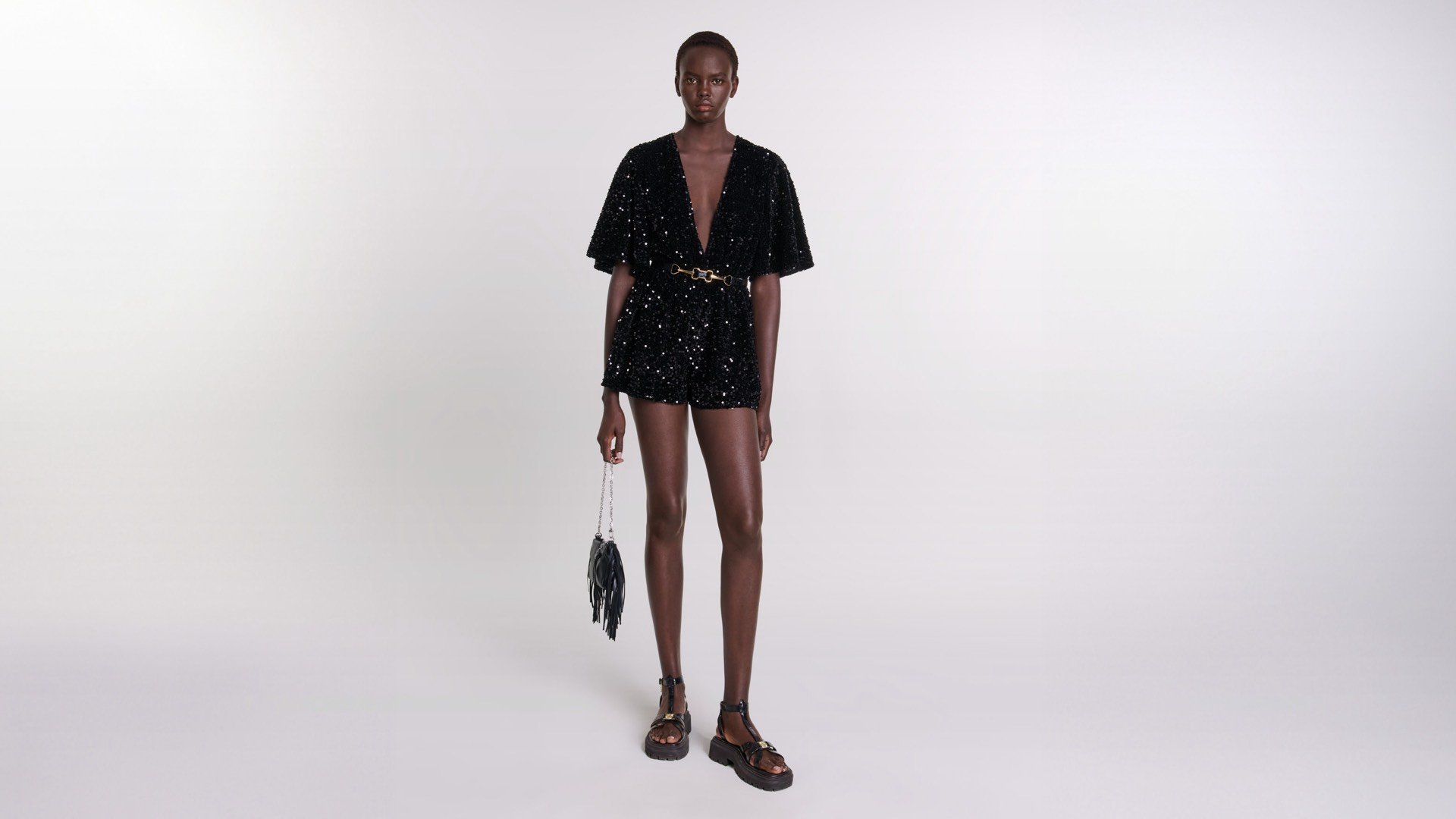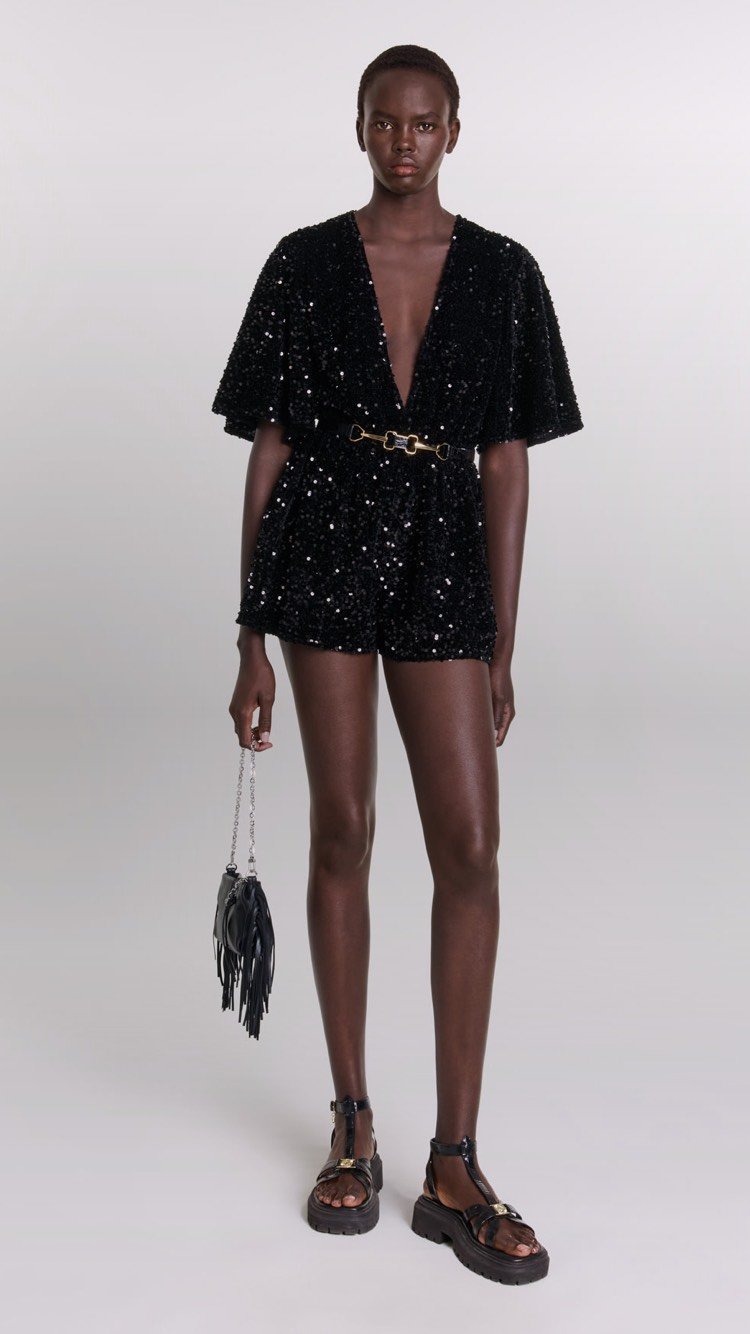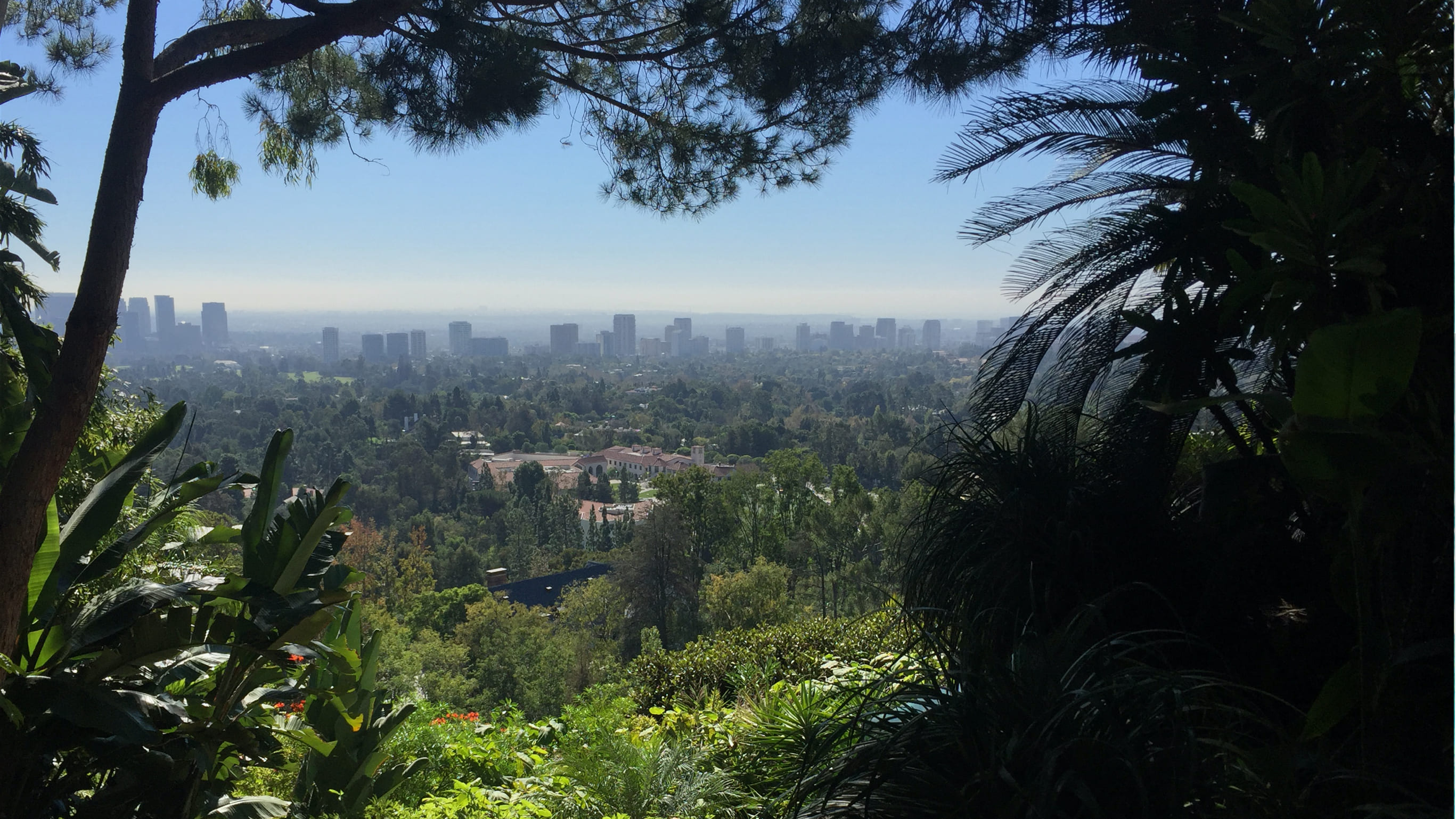PLANET
We made progress with the collections but also everything surrounding the product, how it is shipped, how it is designed, the store environment. There are also new ways of contemplating the life cycle of a piece of clothing.

Together is better
In accordance with current regulations, we have been measuring our carbon footprint for the last two years. Thanks to this analysis, we can define areas for improvement in order to meet our targets for reducing our carbon footprint.
Progress in Summer 2025
We made a lot of progress in accelerating change in the Summer 2025 season.
Between 2022 and 2024, our carbon footprint has been reduced by 7%.
We made progress with the collections but also everything surrounding the product, how it is shipped, how it is designed, the store environment. There are also new ways of contemplating the life cycle of a piece of clothing.
To finally eliminate single-use plastic.
Where our factories can, the bags that protect our clothes during transport are made from recycled plastic. Our aim is to achieve 100% recycled and recyclable plastic by 2025.
For our hangers, there is still work to be done. Those in our stores are made from wood from eco-certified forests. As for the plastic hangers in our warehouses, we are looking for better alternatives and hope to have good news to share for next season. The e-shop packaging is also an issue. We are assessing new collections, contacting new partners to make quicker progress in achieving more eco-friendly packaging.
Fewer planes each season.
Maje continues to work hard to achieve its goal of fewer planes each season. For the Spring 2025 collection, we used 23% air import, 36% sea import, 40% road import. Our aim is to have only 20% air imports.
You will understand why when you learn that with aeroplanes on average 600 grams of CO2 are emitted per tonne and per kilometre travelled whereas with trains only 22 grams are emitted and with boats 33 grams. The challenge, each season, is therefore to reduce the proportion of transport by plane in a fast-moving world. Each season, we have to optimise the timing of our deliveries and better anticipate our needs, in order to gradually reduce our dependence on planes.
There is no need for wastage, everything can be transformed. Let’s get frugal!
This season, we have developed our model, by making it a priority to anticipate the amount of fabric required and be responsive regarding manufactures in an effort to give you exactly what you want without wasting.
If certain already-created materials turn out not to be as popular as we had hoped, we either gift them to charities and fashion schools, or turn them into goodies and small, practical accessories. A way to give materials we don’t use a second life.
If certain already-created materials turn out not to be as popular as we had hoped, we either gift them to charities and fashion schools, or turn them into goodies and small, practical accessories. A way to give materials we don’t use a second life. Be responsive regarding manufactures in an effort to give you exactly what you want without wasting.
Spaces and stores: we are making progress here too
Redesigned stores.
A lot of effort went into developing our store concepts while focussing on standards and environmentally-friendly, certified, recycled and locally-sourced materials. This transformation of sales spaces is gradual. In this approach, we have recently inaugurated a new flagship store on rue Montmartre in Paris where we have chosen to manufacture less furniture and favor vintage furniture to encourage more responsible consumption. We have chosen to manufacture less furniture and favor vintage furniture.
In all of our stores, we opt for LED lighting which consumes much less energy. We are also replacing all of our air-conditioning systems so that they no longer use water running to waste and we are establishing partnerships so that the our carbon emissions can be reprocessed effectively. All of our cleaning products are also certified.
As a result, in 2024, 44% of our electricity at head office and in stores will come from renewable sources (97% in Europe).
We are also reviewing the conditions in which our employees work in order to offer them workspaces adapted to new requirements.





In the heart of Paris, in the heart of Maje.
A partnership with the waste management company Cèdre enables us to recycle waste generated at the headquarters with greater solidarity by collaborating with a specialised company whose staff includes 60% of people with disabilities, but also by investing in a more circular economy, as the industries in charge of recycling waste are entirely French.
Our new Parisian headquarters have been granted the HQE (High Quality Environment Standard) label, having been awarded level 3 for “Excellent”. The design as well as the management of the renovation of the historical building in which we set up shop are all part of a sustainable development approach and effort to offer our employees improved comfort. Our new Parisian headquarters have been granted the HQE (High Quality Environment Standard) label.



















